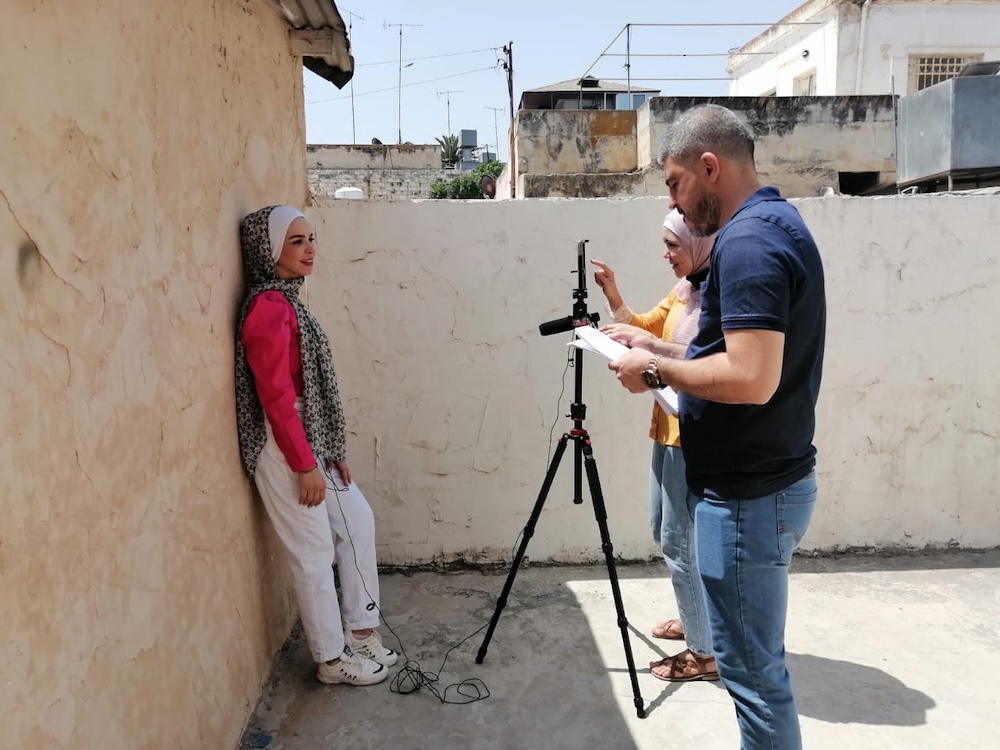We’re excited to share the publication of the Italian-language volume Geografia filmica. Il film geografico e il video partecipativo (Film Geography. The Geographic Film and Participatory Video), authored by Cobra Collective member Elisa Bignante and Maurizio Memoli, featuring case studies from the Cobra Collective’s participatory video projects in Guyana, the UK, and a global initiative coordinated by UN Women.
The book explores a powerful idea: that making films and videos can be a legitimate and insightful way to do geographic research.
As the authors write in the introduction: “Using a camera in geographic research is a way to interact with places and capture what happens there. It allows us to perceive and interpret phenomena and practices with different sensitivities, to reveal new forms and reasons behind spatial transformations, to communicate findings through diverse languages, and to explore the effects these images have on viewers”.
The book argues that film and video can serve as:
- A method of investigation
- A tool for dialogue and learning
- An expressive and communicative language
- A sensitive approach to fieldwork
Participatory video training with Indigenous youth in Guyana
Through stories of researchers who create films as part of their academic work (the geographic film) and of communities who take the camera into their own hands (participatory video), the authors outline the conceptual, theoretical, methodological, and epistemological foundations of this rich and unconventional practice of filming geographic space. The book speaks to a broader audience of artists, video makers, facilitators, and third-sector professionals.
 Colleagues from Jordan filming for the development of online participatory video based courses
Colleagues from Jordan filming for the development of online participatory video based courses
The volume is enriched by field testimonies from the Cobra Collective, who shared three participatory video projects on digital storytelling about community food growing in Reading, UK (https://cobracollective.org/projects/digital-storytelling-about-group-food-growing.php), on traditional knowledge inclusion in conservation in Guyana (https://cobracollective.org/projects/traditional-knowledge-and-conservation.php) and on the development of online courses for disadvantaged women in Cameroon, Jordan, India, Mexico, Chile and Australia (https://cobracollective.org/projects/content-development-partner-for-un-women-second-chance-education-and-vocational-training-programme.php). It was a real collective effort, and we’re happy to be sharing our experiences with new audiences!




